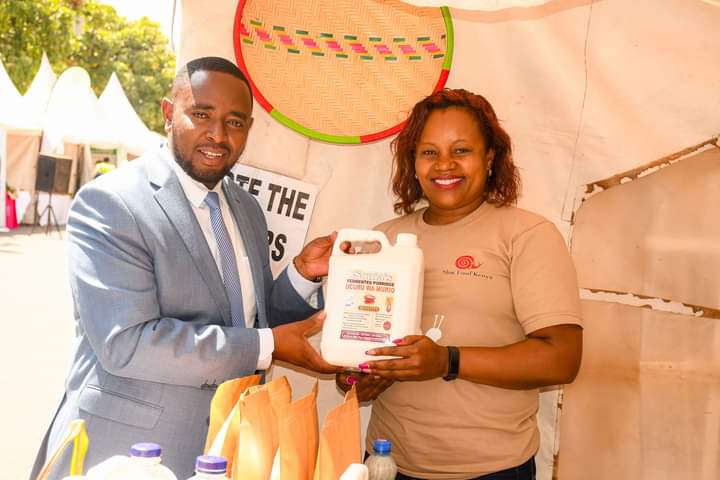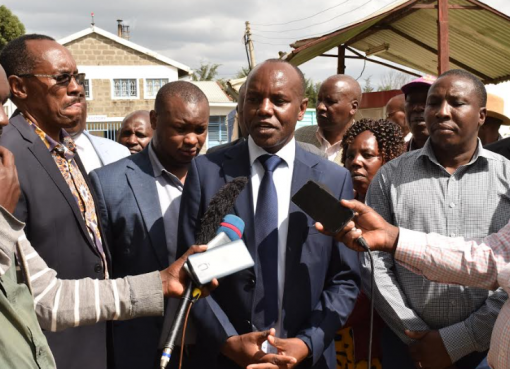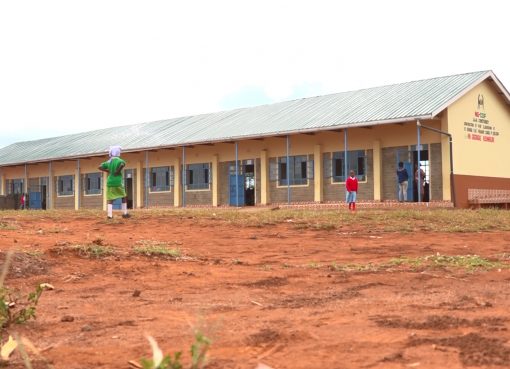A one-day exhibition featuring Kenyan cuisines was held at the Masai Market in Nakuru town, with exhibitors displaying a diversity of local foods.
The exhibition showcased a variety of locally sourced, plant-based and traditional foods, displaying the rich heritage of the country.
The cultural diversity highlighted the unique flavors and traditions that define each region.
In his remarks, City Manager Gitau Thabanja emphasized the importance of celebrating local food culture and sustainable practices, noting that they play a critical role in fostering community engagement and supporting local farmers.
Thabanja noted that Nakuru County leadership under Governor Susan Kihika was dedicated to improving sustainable farming and therefore enhancing food security and environmental conservation. The symposium attracted participation from over 30 counties.
The exhibition was organized in collaboration with PELUM Kenya (Participatory Ecological Land Use Management) the City Management, and the County Department of Trade and Tourism.
The event served as a platform for PELUM Kenya Member Organizations to demonstrate efforts in building community resilience and addressing climate change through agro-ecological practices.
PELUM Kenya is a network of Civil Society Organizations / NGOs working with Small-scale farmers in East, Central, and Southern Africa.
The Association membership has grown from 25 pioneer members (in 1995) to over 280 members.
PELUM Kenya is the Kenyan country chapter of the PELUM Association and has a membership of 60 Member Organizations and promotes agro-ecological principles and practices through advocacy and policy influence, networking, capacity development, information, and knowledge sharing.
The various agro-ecological practices promoted include organic agriculture, sustainable agriculture, regenerative agriculture, agroforestry, permaculture, conservation agriculture, biodynamic agriculture, family farming and bio-intensive agriculture.
PELUM Kenya Member Organizations do not promote GMOs or the use of synthetic agricultural inputs.
Participants and exhibitors at Maasai Market benefited from networking opportunities and the chance to promote their sustainable agriculture products.
The exhibition facilitated the sharing of best practices in agro-ecology and sustainable livelihoods, promoting learning and collaboration among stakeholders.
A key focus of the symposium was promoting sustainable farming techniques to enhance soil health and support the production of high-quality, locally sourced foods.
This approach not only supports environmental sustainability, but also enhances community resilience in the face of climate change.
In their communique, PELUM Kenya urged the government to continuously explore avenues that would make small scale farming viable as a way of ensuring every Kenyan gets access to food.
The team noted that changing dynamics across the globe were making it difficult to sustain food production and therefore increasing the number of people facing food deficiency.
PELUM Kenya called for a shift from mineral based fertilizers to organic and biological based farm inputs as a way of reducing soil acidity and increase nutritional value of agricultural products.
In order to avoid a repeat of the fake fertilizer scam and other similar scams, the organization has urged government to scale up relevant technologies for production of biological fertilizers and equip the youth with entrepreneurial skills at community levels.
Exhibitors were drawn from communities in Rift Valley, Central Kenya, Western and Nyanza regions among others.
By Jane Ngugi




